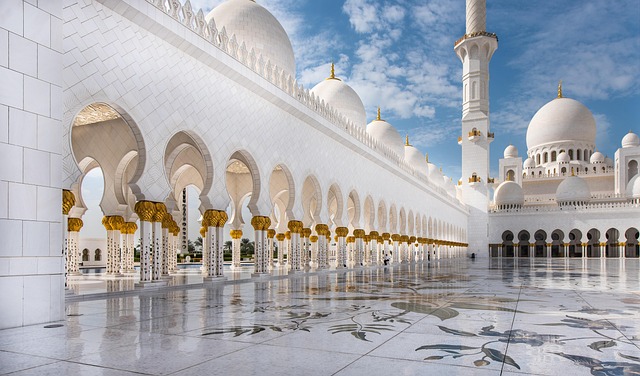Meditation has been a cornerstone in various religious practices for centuries, serving as a bridge between the mundane and the divine. In religions such as Buddhism, Hinduism, Christianity, and even Islam, meditation is more than just a technique; it is a profound means of connecting to a higher power, fostering inner peace, and enhancing spiritual understanding. It is a universal language that resonates deeply within the human experience, transcending cultural and geographical boundaries.
In Buddhism, meditation is essential for attaining enlightenment. Monks often spend years in silence, engaging in mindfulness and focused attention to awaken their true nature. This practice allows individuals to detach from worldly distractions and cultivate a deeper understanding of existence. As practitioners deepen their meditation practices, they often report transformative experiences—moments of clarity and connection that shift their perception of reality.
Hinduism embraces meditation as a vital aspect of spirituality, with various techniques such as mantra meditation and yoga nidra. The ancient texts underscore the importance of meditation not only for personal growth but also for experiencing divine consciousness. By stilling the mind, practitioners believe they can tap into the universal energy that binds all living beings, experiencing a sense of unity with the cosmos and the divine.
Even within Christianity, meditation finds its place as a contemplative practice. The rhythm of prayer, silence, and reflection encourages believers to seek a personal relationship with God. Whether through the practice of lectio divina or the spiritual exercises of St. Ignatius, meditation invites Christians to pause amid life’s chaos, allowing divine truths to permeate their hearts and minds. This intimate connection fosters a sense of belonging that can be profoundly comforting.
In Islam, meditation is intertwined with the practice of dhikr, or the remembrance of God. Through repetitive phrases and focused attention on the divine, practitioners find serenity and closeness to Allah. This spiritual exercise promotes mindfulness and ensures that one’s daily life is steeped in spirituality, creating a constant reminder of the divine presence. The act of meditative remembrance can transform everyday moments into profound encounters with the sacred.
Across all these traditions, the essence of meditation as a spiritual practice transcends mere relaxation or stress relief. It serves as a pathway to enlightenment, self-discovery, and a deeper connection to the divine. The experiences that arise during meditation can significantly impact a person’s worldview, fostering compassion, empathy, and a greater understanding of oneself and others.
For those who embark on this journey, meditation offers the promise of a more enriched spiritual life. The benefits are not just limited to individual growth; they ripple outwards, shaping communities and societies. By sharing the peace and enlightenment discovered through meditation, individuals contribute to a more harmonious world, embodying the essence of their religious teachings.
As our world grapples with unprecedented challenges, the practice of meditation provides a refuge—a sacred space where individuals can reconnect with their spirituality. Regardless of religious affiliation, the act of stilling the mind and seeking divine enlightenment through meditation becomes a fundamental practice that can bring us closer to understanding our place in the universe.


